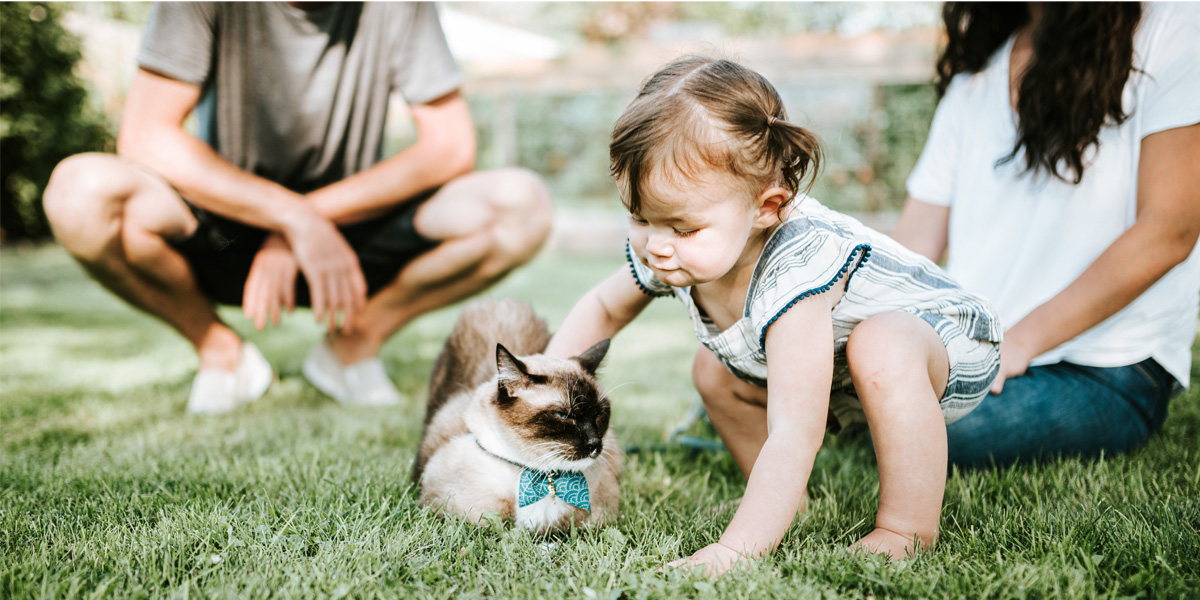
When you have pets and human family members, sometimes you must prioritize one over the other. No matter how much we love our pets, our human family must come first. This may explain why there's been an influx of pets abandoned at shelters for fear that they may spread COVID-19 to their humans.
Thankfully, you DO NOT need to get rid of your pets to keep your family safe from COVID-19.
Why Are Animals Testing Positive For COVID-19?
You may have seen recent headlines about cats, dogs, and even tigers who have tested positive for COVID-19. It's important to understand the circumstances of these cases and how they relate to you and your family.
A few dogs have tested positive for COVID-19. Each of those dogs were living in a household in which one or more of their owners was also positive for the virus. None of the dogs showed symptoms or was sick. One dog passed away after spending a few weeks in quarantine, but not from the virus - the dog was 17 years old and likely highly stressed from spending time in isolation away from their family.
There has also been a recent study in which several animals were purposefully infected with COVID-19. Test subjects included cats, pigs, ferrets, dogs, chickens, and ducks.
All chickens, pigs, and ducks tested negative after exposure. Two of the five exposed dogs tested positive, but only via a rectal swab, not an oral-nasal swab. Cats and ferrets were found to be able to contract the illness, but did not show symptoms. They have been shown to pass COVID-19 to members of the same species.
Also, a tiger at Bronx Zoo was found to have tested positive for COVID-19 after exposure to their asymptomatic handler. The tiger and their cage mates had symptoms, including a fever and dry cough, but are expected to fully recover.
What these cases tell us is that, with direct exposure or through purposeful exposure through a laboratory, it is possible, but not likely, for some animals to contract COVID-19.
What they do not tell us, though, is whether animals that have been exposed can spread the virus to people. There have been zero cases of a pet parent contracting the virus from their pet.
Steps To Take To Keep Your Family Safe
Keep in mind that your pet is no more likely to encounter an infected person than anyone else in your family. In fact, if you keep your cat inside and keep your dog on a leash or in your fenced backyard, they're highly unlikely to ever pick up the virus.
In these difficult times, we need our pets more than ever to keep us company and help us stay calm. They will be here for us through this pandemic, and they'll be here for us when all of this is finally over.












































